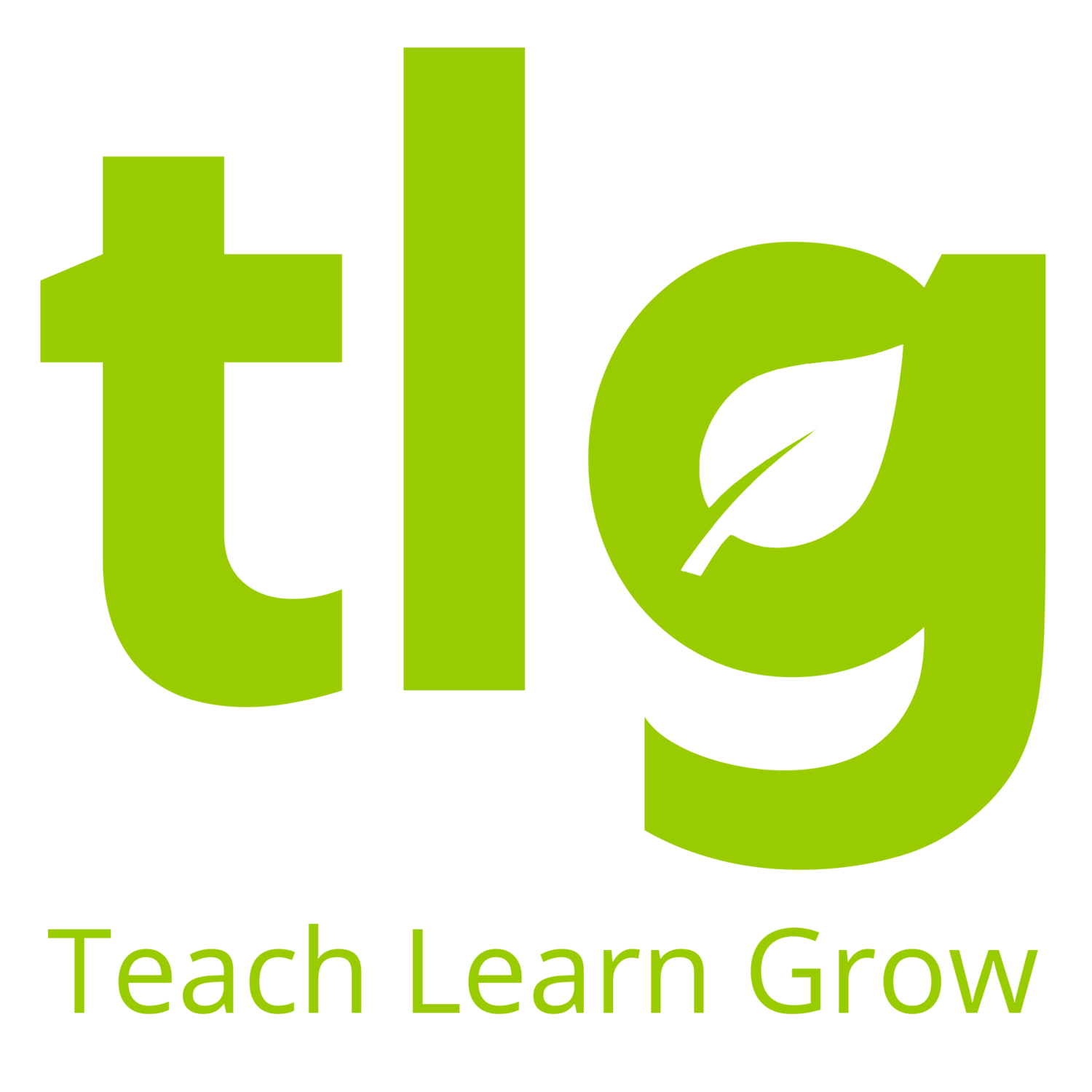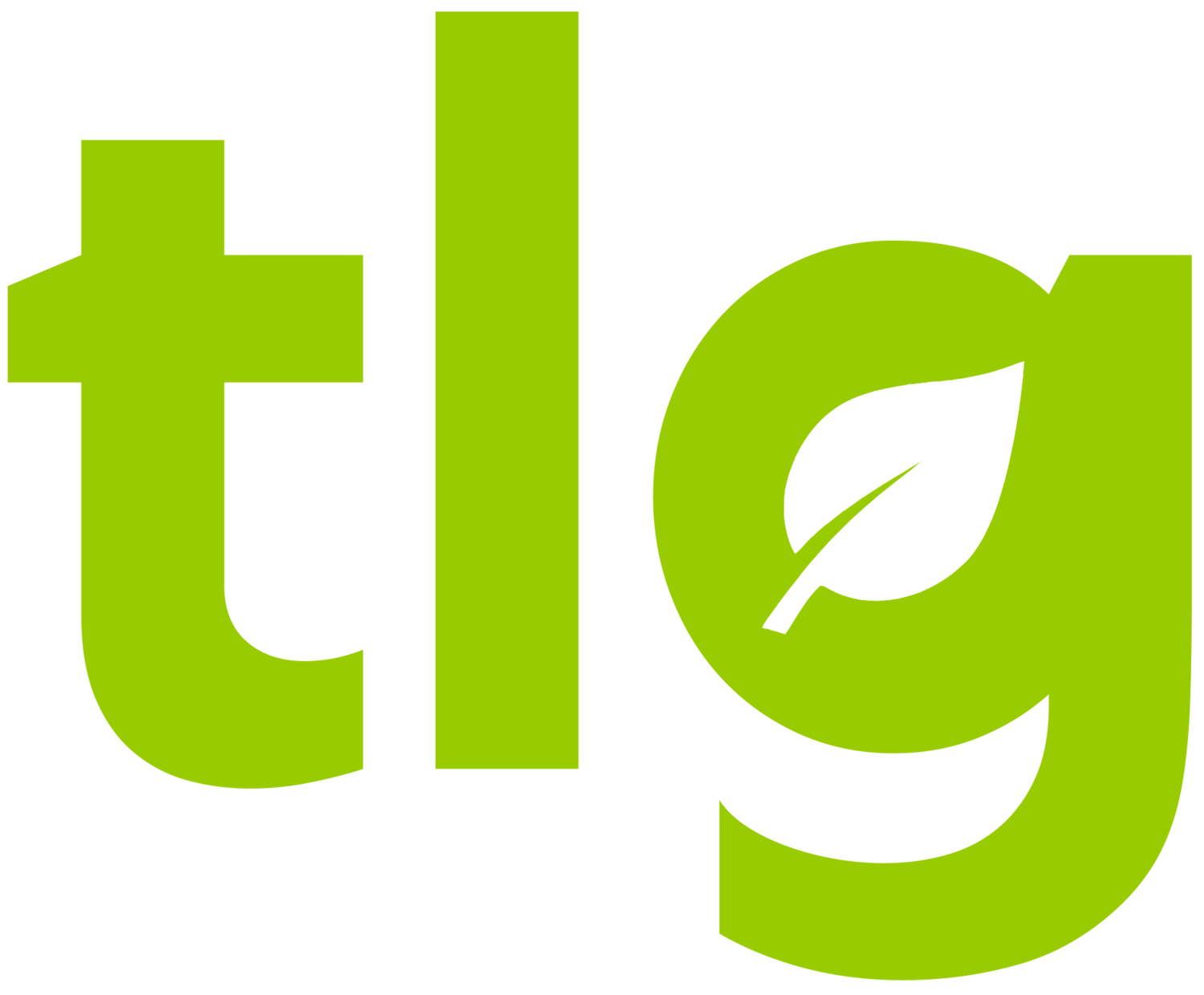
Program Roles
All Rural Program and eMentor roles are voluntary and carried out for the duration of a single program during the year.

Rural Program
Rural Program Tutor
Over one intensive week, Rural Program Tutors conduct one-on-one tutoring sessions whilst encouraging and promoting enthusiasm about learning and acting as positive role models for students. They develop lesson plans for their students in either the Sprouts stream, which focuses on mathematics, or the Saplings stream, which focuses on STEAM education and school engagement. Tutors often stay overnight at the school and engage in the broader communities we visit.
Key Responsibilities:
Tutoring and mentoring students
Cooperating within a team
Representing TLG
Desired Qualities:
Motivation
Emotional intelligence
Social inclusivity
Working with children
Teamwork
Effective communication
Tutoring ability
Rural Program Coordinator
Rural Program Coordinators work in pairs to oversee and support tutors during programs and act as key representatives of TLG. They prepare a plan and budget for the program as well as regularly liaise with the school to organise logistics. Coordinators look after the safety, health and wellbeing of all tutors and create an awesome culture within the group to ensure a positive and fun environment. They also liaise with the community to create engaging activities for volunteers and community members.
Key Responsibilities:
Organising program logistics
Support rural program tutors
Tutoring and mentoring students
Cooperating within a team
Representing TLG
Desired Qualities:
Motivation
Emotional intelligence
Social inclusivity
Working with children
Teamwork
Effective communication
Tutoring ability
Problem solving
Leadership
FAQs
-
The exact dates for each program period will be published on our website once applications open.
In WA, the Rural Program runs twice a year at the end of each university semester. The Winter programs usually run in June/July, and Summer programs usually run in November/December.
In NSW, programs run at four different times based on the semester/trimester systems at each university. Trimester programs usually run in April and September. Semester programs usually run in July and December.
-
Each semester TLG runs approximately 30 programs all around rural and remote WA, and approximately 3 programs in rural and remote NSW. In WA the programs run at schools as close as Boddington, down to Nulsen, east to Kalgoorlie and surrounds, and north into communities such as Marble Bar and Wyndham. Many schools we continue to visit every year, however the exact locations are always subject to change, and we regularly have new schools on board!
-
Rural Program volunteers will tutor students from schools in rural and remote Australia experiencing educational disadvantage. Students will generally be primary school-aged.
-
Our programs range in size based on the schools we visit. Some programs are as small as 4 volunteers, whilst others are as large as 21.
-
Exactly where you will stay depends on the school you visit. Most programs will stay in a classroom or building of a school they are volunteering at, although some programs will stay in a caravan park or similar. Mattresses and sleeping bags are sometimes provided, although volunteers will often be asked to bring their own inflatable mattress and bedding. Exact information will be provided by your Rural Program Coordinators closer to the program dates.
-
Rural Program Tutors will attend two tutor training days, in which they will have the opportunity to meet with their group, be walked through a day in the life of a Rural Program Tutor, briefed on TLG policy, and upskilled on tutoring and working with children. Tutors will also attend a half-day interactive training session, where they will refine their tutoring skills through practical sessions at a local primary school.
Rural Program Coordinators will attend a series of three training days, in which they will meet the broader Coordinator group, learn about managing and leading a Tutor group, be briefed on TLG policy, be walked through a day in the life of a Rural Program Coordinator, supported through their various tasks, and upskilled in key capabilities including tutoring support, contingency planning, and budgeting. Coordinators will be in close contact with the Coordinator Support Officers throughout the semester, who will be there to assist in the process and answer any questions or concerns.
-
The Rural Program is free for all volunteers who currently have, or will be able to obtain, a concession Smartrider. If you are unable to obtain this, you will pay $50 toward your transport fees. Additionally, all successful applicants will be charged a $100 deposit upon acceptance of a position on our programs, however you will receive the full value returned to you upon completion of the program and any subsequent tasks if you adhere to all requirements of the Volunteer Agreement.
-
All applicants will need to submit a written application via our website prior to the application deadline. We will then review these applications and shortlisted applicants will be invited to attend an interview. If you are a recent, returning volunteer you may not be required to attend an interview, and will instead be provided an offer based on your volunteer history and online application.
Applicants who are invited to interview will participate in one interview which is split into an individual and group component. Following interviews, applicants will then be advised whether they have been successful in their application for the Rural Program.
Whilst we wish we could accept all of our passionate applicants, unfortunately places on the Rural Programs are limited, and the recruitment process is competitive.
-
As a TLG volunteer you will need to currently have, or be willing and able to obtain, a Working With Children Check in the state that you will be volunteering.

eMentor
eMentor Mentor
Over the course of eight weeks, eMentor Mentors conduct one-on-one online mentoring sessions aimed at improving soft skills while encouraging and promoting enthusiasm about learning. Mentors meet weekly at a communal location in order to conduct one-hour sessions together. Prior to each session, Mentors develop lesson plans tailored to their students that are focused on the week’s assigned learning outcome.
Key Responsibilities:
Tutoring and mentoring students
Cooperating within a team
Representing TLG
Desired Qualities:
Motivation
Emotional intelligence
Social inclusivity
Working with children
Teamwork
Effective communication
Tutoring ability
Mentoring ability
eMentor Coordinator
eMentor Coordinators work in pairs to support mentors during programs and act as key representatives of TLG. They liaise with the school regularly to organise logistics and provide guidance to their mentors throughout the program. Coordinators look after the safety, health and wellbeing of all mentors and facilitate a positive social environment during each eMentor session.
Key Responsibilities:
Organising program logistics
Support eMentor Program tutors
Tutoring and mentoring students
Cooperating within a team
Representing TLG
Desired Qualities:
Motivation
Emotional intelligence
Social inclusivity
Working with children
Teamwork
Effective communication
Tutoring ability
Mentoring ability
Problem solving
Leadership
FAQs
-
Whether you are just getting involved with TLG or have done the Rural Program a few times, the eMentor Program allows you to mentor, guide and inspire a rural student. Acting as a role model for these students, you get to help contribute to TLG’s mission of bridging the education gap while meeting a group of like-minded, passionate volunteers.
If you are looking to take on more of a leadership role while still creating an impact, definitely consider applying for eMentor Coordinator. This role offers lots of room for personal growth and skills development, as well as opportunities to apply your problem solving and leadership abilities.
-
The exact dates for each eMentor program period will be published on our website once applications open. In WA, the eMentor program runs twice a year during each university semester for 8 weeks. The last eMentor session wraps up in the second last week of the university semester.
If successful in your application, you will be able to note down preferences for weekly session times in the acceptance form and the eMentor team will do their best to accommodate your requests! Note that there is a 2 week break in the second half of the program when the students have their school holidays, so although there are only 8 eMentor sessions in a semester, the program spans across 11 weeks.
-
eMentor Program volunteers will mentor students from schools in rural and remote Australia experiencing educational disadvantage. The students will generally be Year 5s and 6s.
-
The Mentor position requires a time commitment of up to 3 hours: 2 hours for the weekly session and up to 1 hour preparing materials like a powerpoint for the session.
The Coordinator position requires a slightly greater time commitment of 3-4 hours a week: 2 hours for the weekly session and 1-2 hours doing tasks such as emailing the school, posting weekly session reminders for your group on Facebook and organising pre-brief or group social activities.
-
The weekly sessions usually take place at UWA. However, depending on volunteer preferences, we may be able to run a session time at Curtin and Notre Dame as well.
-
We typically run the WA eMentor Program with 6 schools (ie 6 groups), with eMentor groups ranging in size between 4 to 12 volunteers depending on the school.
-
No, we welcome everyone to apply for our program! We provide comprehensive topic guides filled with activities to help you mentor your mentee over the 8 week program. This way you don’t have to stress about coming up with new materials and activities for mentoring sessions every week.
-
eMentor Program Mentors will attend 2 tutor training days, in which they will have the opportunity to meet with their group, explore what a typical eMentor session looks like, be briefed on TLG policy, and upskilled on mentoring and working with children.
eMentor Program Coordinators will attend 2 training days, in which they will meet the other Coordinators and eMentor teams, learn about managing and leading a mentor group, be briefed on TLG policy, be walked through a typical session as an eMentor Coordinator and be upskilled in key capabilities including technical Zoom support and contingency planning. Coordinators will be in close contact with the eMentor Coordinator Support Officers throughout the semester, who will be there to assist in the process and answer any questions or concerns.
-
All applicants will need to submit a written application via our website prior to the application deadline (you can apply for the Rural Program at the same time as well!). We will then review these applications and shortlisted applicants will be invited to attend an in person or online interview. If you are a recent, returning TLG volunteer you may not be required to attend an interview, and will instead be provided an offer based on your volunteer history and online application. Following interviews, applicants will then be advised whether they have been successful in their application for the eMentor Program.
-
As a TLG volunteer you will need to currently have, or be willing and able to obtain, a Working With Children Check in the state that you will be volunteering.
Step Up and Make a Difference
Becoming a Coordinator is your chance to have a greater impact in the organisation, develop new skills and meet other passionate like-minded people all while having an amazing time. TLG would not be able to run its programs without our volunteer coordinators.
All Coordinators are trained on how to prepare and run an effective program at coordinator training sessions. Throughout the program, Coordinators are supported by our Coordinator Support Officers, the Executive Team and their fellow Co-Coordinator.
What can you get out of it?
97% of coordinators are now more confident about being a leader
91% developed skills during the program which can be applied to daily life
98% understand the factors that affect the development and growth of youth

